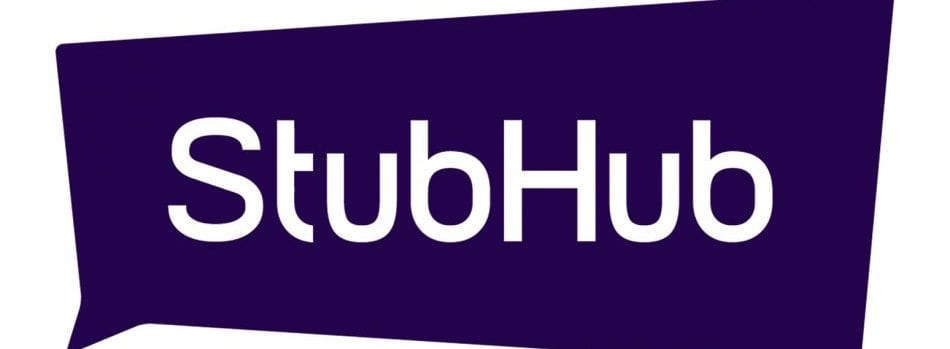Interim StubHub CEO Jill Krimmel provided her outlook on the future of live events and entertainment as part of a series published by Quartz. The executive, who took over for Sukhinder Singh Cassidy recently to lead the company through its coronavirus response and merger with Viagogo, provided an optimistic look at the importance of live events to people, as well as her thoughts on the near-term viability of events.
“One thing that will remain true is that live events will continue to be core, uniquely human experiences that bring us together around a shared love for sports, music, and theater,” says Krimmel, who touched on the drive-in experiences available at the moment and where things might go from our current distanced event system to post-Covid.
StubHub has been struck particularly hard by the pandemic, as the worldwide halt in events came just weeks after it was purchased by Viagogo. It has since undergone layoffs and legal questions over its decision to halt offering refunds to cancelled performances in favor of credit vouchers, while scrutiny over its merger with the company owned by its co-founder continued, particularly in the UK.
Krimmel worked at TransUnion and WalMart’s e-commerce group prior to joining StubHub. Her response to Quartz is included below:
There’s nothing like a live event, and sports, music, and theater are central to how we as humans express ourselves, relate our experiences, and connect with one another. Research proves that live experiences improve our feelings of wellbeing and happiness, positively impact cognition, reduce stress, build a sense of community and belonging, and can even add years to our lives. Covid-19 has put live events as we knew them on hold, and the experience of live events will change once they return as risks around large gatherings linger. New safety measures will be in place that impact venues—scheduled entry times for fans, temperature checks before entering, limited capacity and/or greater space between seats, and even experimentation in the types of venues for events.
For example, drive-ins are a great option for concerts because they meet social distancing criteria but still allow for the full experience. People can sit in their cars, have a dedicated space next to their vehicle if they choose to get out and dance, and order food and drinks to be delivered to their cars. Large outdoor parks are another great venue as it’s more difficult for the virus to be contracted outside and, with ample outdoor space, you can create markers or dedicated zones for you and your friends, as we’ve seen with the reopening of parks and other public spaces over the past weeks.
As indoor venues and arenas limit the number of fans, there will be an opportunity to host events that are dual in-person and virtual or live-streamed, which will make events more accessible in ways they weren’t before. Prior to the pandemic, financial or physical limitations were barriers for many people who would never have the chance to go to New York City to see a Broadway performance, and fans’ access to artists was dictated by a tour schedule. But in a post-coronavirus world, virtual events and livestreaming will democratize live events, allowing for more people in more places to tune in to types of events that were previously unavailable to them. There will be challenges: simulating the multi-sensory experience of being in the venue while fans are tuning in from home, understanding fan price sensitivity for at-home live events, and ensuring the technological stability and security of virtual events, to name a few. But there’s sure to be creativity as well. Some professional sports teams are already looking into ways to stimulate the noise and energy of fans, maybe by broadcasting real fan noise from home into stadiums.
It’s important to note that these changes will not be a one-size-fits all model; it will vary by event type (sports, festivals, theaters, etc. will have varying scales of challenges and opportunities) and by region as different states institute different guidelines. But one thing that will remain true is that live events will continue to be core, uniquely human experiences that bring us together around a shared love for sports, music, and theater.



